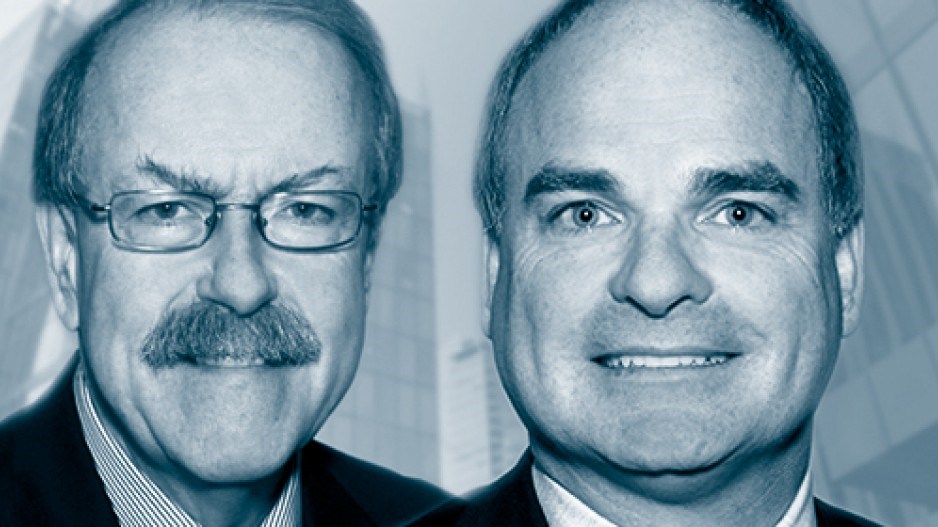In the wake of the 2008-09 Great Recession, global economic growth has downshifted. Indeed, for many economists, it has become increasingly clear that we have transitioned to a slower-growth world.
Hampered by aging workforces, persistently low levels of business investment and widespread policy and political uncertainty, the advanced economies in particular face diminished prospects. At the same time, business leaders and policy-makers are struggling with new risks amid a backlash against globalization and trade. Despite all of these challenges, with little fanfare British Columbia has been enjoying what can only be described as an economic boom.
Let’s briefly recap B.C.’s recent economic record. For the past three years, real GDP (the most comprehensive measure of living standards) has been growing by more than 3%, a pace that seems out of reach for most of today’s advanced economies. Specifically, our economy expanded by 3.3% in both 2014 and 2015, followed by a hefty 3.7% gain in 2016. The job market has also been hot. Overall, British Columbia has led Canada in economic and employment growth charts for the past three years. And according to a new forecast from RBC, we are poised for a repeat performance in 2017.
Looking further afield, tracking by the Business Council of British Columbia finds that B.C. eclipsed all 50 American states in real GDP growth in 2016, with the sole exception of Washington state, where output also rose by 3.7%.
The benefits of robust GDP growth are readily apparent, notably in the labour market. The number of people working in B.C. increased by 3.2% in 2016. For a mature economy, this is a stellar number – especially considering that all provinces other than Ontario and Quebec suffered net job losses last year. Since the beginning of 2015, job growth in B.C. has been running two to three times ahead of that in Ontario and Quebec. With more people working, the unemployment rate averaged 6% in 2016, the lowest in the country. At the risk of belabouring the comparisons, stateside only Oregon saw faster job creation in 2016, while Utah and Florida tied B.C. on this metric.
As a new government eagerly anticipates taking the reins of power in Victoria, our incoming political masters should know that they are inheriting an economy with substantial forward momentum – albeit one that’s been growing at an above-average clip for three years. Solid increases in GDP, employment and consumer spending have resulted in upside surprises for provincial revenue, paving the way for a string of annual budget surpluses.
We expect B.C.’s economy to cool after a period of unusually buoyant growth. But there are still reasons for optimism. One is that job creation has accelerated further in 2017, with employment over January through May up 3.6% compared with the same period last year. Economic growth has also been fairly well balanced across sectors. Exports are on a tear, tourism and film/TV production are both doing a roaring business, and the high-technology sector continues to expand and diversify.
In addition, prices for many of B.C.’s natural resource exports are mostly higher than they were 12 to 24 months ago, providing vital support to our still resource-centric export economy. Then, too, the immigration and migration numbers are healthy, and consumer spending continues to increase at an above-average pace. While it is true that the housing sector and residential real estate generally have made oversized contributions to economic growth in B.C. since 2014, we see little indication of a major housing downturn – construction of new homes and renovation spending remain elevated and home sales are still strong.
It is also worth noting that B.C. has been experiencing impressive economic growth notwithstanding lacklustre non-residential investment – and without any of the various planned liquefied natural gas projects getting underway (although there has been a significant amount of related and preparatory spending). Apart from Site C, few major greenfield industrial projects have advanced in recent years. If the province’s current growth dynamic is supplemented by progress on new infrastructure and industrial development proposals, it’s conceivable that B.C. could continue to lead the country in economic growth for a few more years. •
Jock Finlayson is the Business Council of British Columbia’s executive vice-president and chief policy officer; Ken Peacock is the council’s chief economist.




